Israel spyware used to target France’s Macron, Iraq’s Salih, Morocco’s King Mohammed
An Israeli spyware used to snoop on human rights activists and journalists worldwide has also targeted the phones of top French, Iraqi, and Moroccan leaders and 15,000 Mexicans, reports say.
The phones of French President Emmanuel Macron, Iraqi President Barham Salih, and Morocco’s King Mohammed VI were on a list of 50,000 numbers targeted for potential surveillance by the Israeli Pegasus spyware, produced by the company NSO Group, European and US news outlets unveiled on Tuesday.
According to the reports, Salih, Macron, and Mohammed VI were among three presidents, 10 prime ministers, and one king whose phone numbers were on the list of potential surveillance targets.
An investigation launched into a massive data leak by 17 media organizations — led by the Paris-based non-profit journalism group Forbidden Stories — pointed to widespread abuse of the Israeli spying tool, which the NSO claims is only intended for use against “criminals and terrorists.”
Pegasus is a malware that infects iOS and Android devices to enable operators of the tool to extract messages, photos, and emails, record calls, and secretly activate microphones and cameras.
The leak contains a list of more than 50,000 phone numbers allegedly belonging to people of interest by clients of NSO since 2016, including some 15,000 Mexican smartphone numbers.
The list was dominated by numbers from 10 countries: Azerbaijan, Bahrain, Hungary, India, Kazakhstan, Mexico, Morocco, Rwanda, Saudi Arabia, and the United Arab Emirates.
The news outlets with access to the leak said more details about those who were compromised would be released in coming days.
French daily Le Monde reported Tuesday that the phones of Macron and King Mohammed VI were targeted on behalf of Morocco’s intelligence service, suggesting the Israeli regime’s influence in the North African country’s spying agency.
Citing “sources,” Le Monde reported, “One of Macron’s phone numbers, which he had used regularly since 2017, is on the list of numbers selected by Morocco’s intelligence service for potential cyber-spying.”
According to the report, a spokesman for Macron’s office said that if the revelations were true, “they would be very serious,” noting that “authorities would investigate them to shed all necessary light on the reports.”
Morocco denies involvement
It further cited a Monday statement issued by Morocco, denying any involvement in using Pegasus and rejecting what it described as “unfounded and false allegations.”
Radio France also quoted the official statement as adding that it had “never acquired computer software to infiltrate communication devices.”
It further reported on Tuesday that the country’s monarch was on the list as well as “a large number” of Moroccan royals, including the king’s wife Lalla Salma Bennani, and his cousin Prince Moulay Hicham Alaoui.
Former French prime minister Edouard Philippe and 14 ministers had also been targeted in 2019, Le Monde added.
The report also emphasized that it did not have access to Macron’s phone and therefore could not verify if it was indeed spied upon, but “it could verify other phones, including that of former environment minister Francois de Rugy, and was able to verify the latter was spied on.”
Moreover, the Paris prosecutor’s office opened a probe on Tuesday into allegations by investigative news website Mediapart and two of its journalists that they had been spied on by Morocco using the Pegasus spyware.
“The only way to get to the bottom of this is for judicial authorities to carry out an independent investigation on widespread spying organized in France by Morocco,” Mediapart emphasized in a Twitter post.
Mexican president: Spying must only target crime
Mexico’s President Andres Manuel Lopez Obrador said on Tuesday, after the country found itself caught up in the global surveillance scandal, that spying by Mexican authorities was now limited to pursuing criminals.
“What intelligence there is has to do with fighting crime, to protect citizens, not to spy on opponents, political leaders, party leaders, owners of large companies, churches,” he said in a news briefing.
He said that “no one is spied on” anymore and he did not believe a current NSO contract existed with anyone in Mexico, but if it does “it must be canceled.”
According to the Pegasus Project investigation, Mexican agencies that have acquired the spyware include the Defense Ministry, the attorney general’s office, and the national security intelligence service.
“All federal and state security agencies that have software that monitors communications have been ordered to protect all their data related to the use of Pegasus equipment and others like it,” the prosecutor’s office said in a statement.
The office also said it was investigating contracts signed off on by Tomas Zeron, who headed the criminal investigation agency in the prosecutor’s office during the government of Pena Nieto.
Zeron is currently in Israel awaiting extradition for his part in the investigation into the disappearance of the 43 students from Ayotzinapa, in the southern state of Guerrero, in 2014.
The list of nearly 15,000 Mexican smartphone numbers mentioned in the probe launched by an international media group include those linked to 25 journalists and even Lopez Obrador’s inner circle before he took office. One of the hacked journalists, Cecilio Pineda, was assassinated in March 2017.
Lopez Obrador’s wife, children, brother, and even his cardiologist were among those selected as possible targets using Pegasus malware between 2016 and 2017, according to Mexican news site Aristegui Noticias.
At the time, he was the opposition leader and political rival of the then-President Enrique Pena Nieto.
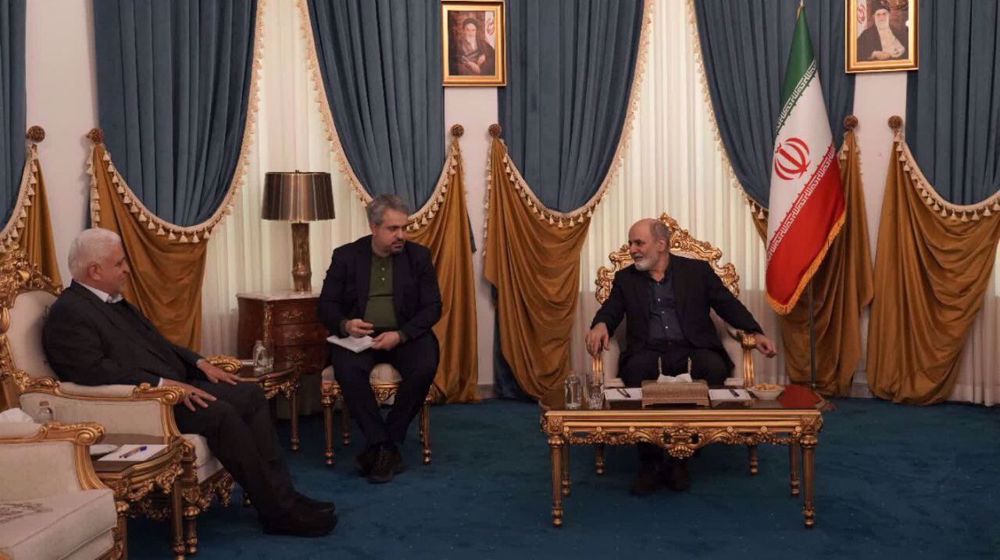
Iran’s top security official meets with Hashd al-Sha’abi chief, vows all-out support for Iraq
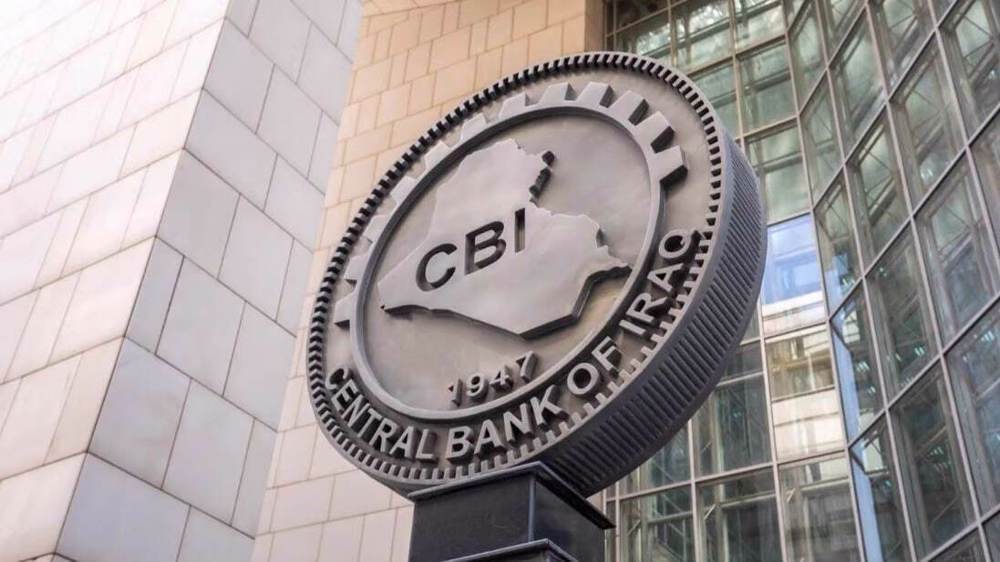
Iraq to ban more banks from US dollar transactions: Report
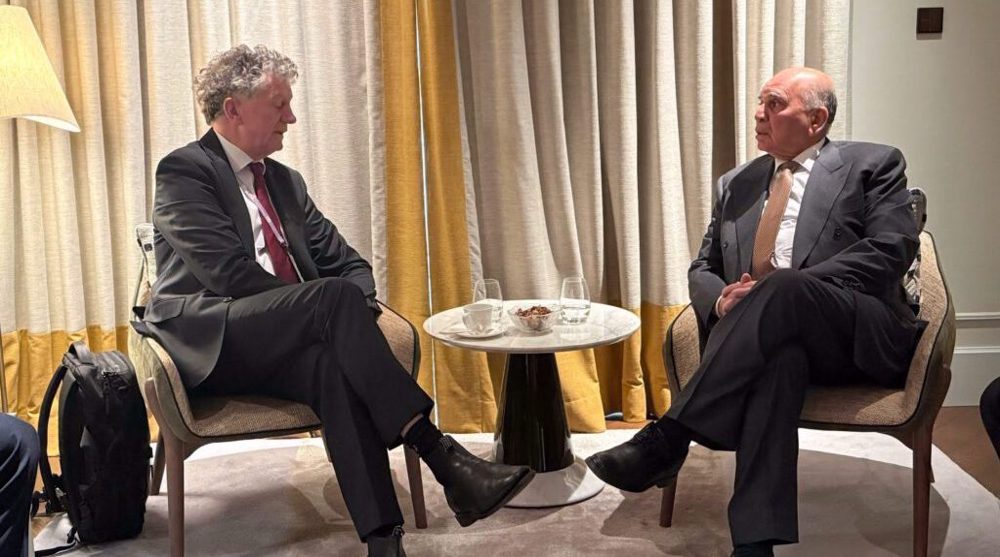
Top Iraqi diplomat warns against resurgence of Daesh terrorists in Syria
Occupied al-Qud archbishop: Palestine will never forget Nasrallah
IRGC begins major Eqtedar drill in eastern Iran
Trump tells Zelensky to secure peace with Russia or risk losing Ukraine
Arrest of Electronic Intifada journalist exposes deep Zionist footprints in Switzerland
Iran, Azerbaijan stress opposition to foreign forces in South Caucasus
VIDEO | Press TV's news headlines
Iranian president wishes health, speedy recovery for Pope Francis
VIDEO | Exhibition of innovation and Iran’s economic future


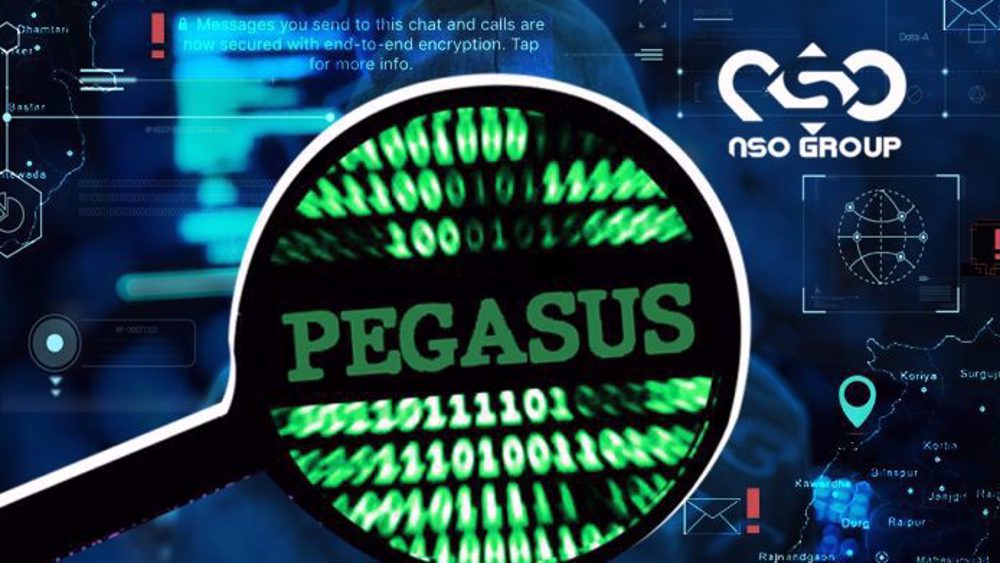
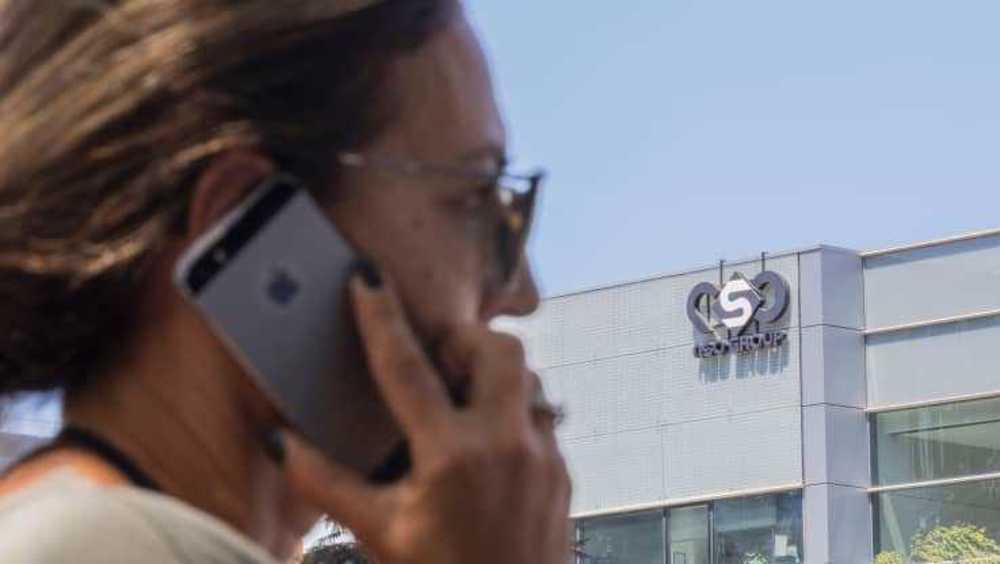





 This makes it easy to access the Press TV website
This makes it easy to access the Press TV website